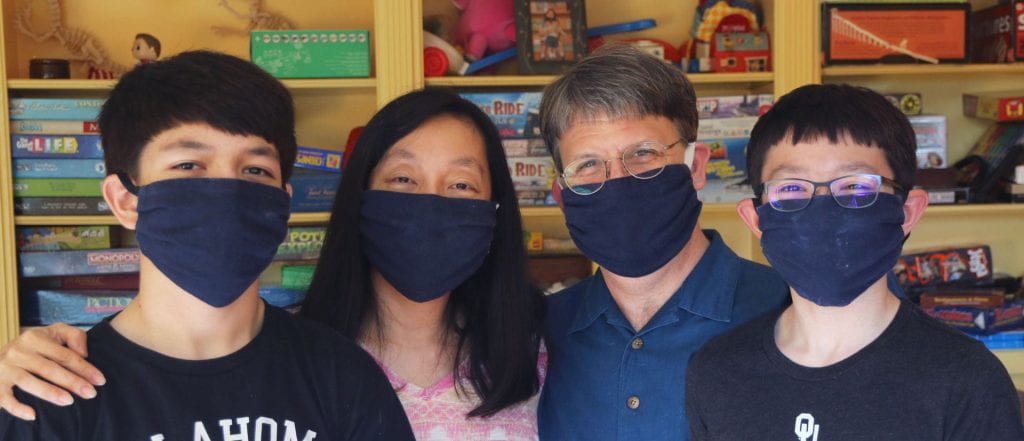IMSE’s Center on Stochastic Modeling, Optimization, & Statistics (COSMOS) has developed a COVID-19 online tool, called COSMOS COVID-19 Linear Programming (CC19LP), to assist county-level decision-makers in planning the reopening of their communities. The CC19LP tool allows decision-makers to explore the two primary conflicting objectives, namely (1) maintaining a low COVID-19 fatality rate and (2) enabling recovery of the U.S. economy via reopening. The recent rise in COVID-19 cases due to reopening, despite significant increases in contact tracing efforts, has created urgency in finding alternate approaches to controlling the impact of the pandemic in the U.S. Other than contact tracing, the major control policy that decision-makers have implemented in the U.S. is the complete lockdown of communities. While the lockdown policy can successfully lower the fatality rate, it is severely detrimental to the U.S. economy, and subsequently does not achieve balance in the two objectives. Reopening strategies were specified to alleviate stress on the economy, but no quantitative analysis was employed to confirm that communities were prepared to reopen. Simply imploring with the U.S. public to be responsible has not worked, and non-compliance continues to be a major issue.
CC19LP employs a key contact partitioning structure that focuses compliance on a smaller percentage of the population that has direct connections with individuals that are at higher risk for severe illness. COSMOS researchers have created a questionnaire to assist individuals in identifying if they are a key contact. Finally, COSMOS Director Victoria Chen posted a 15-minute podcast with the Institute for Operations Research and the Management Sciences (INFORMS) that motivates the development of CC19LP. This podcast, the key contact partitioning questionnaire, and the CC19LP online tool are all accessible from the COSMOS COVID-19 project page: https://cosmos.uta.edu/projects/covid-19/.


